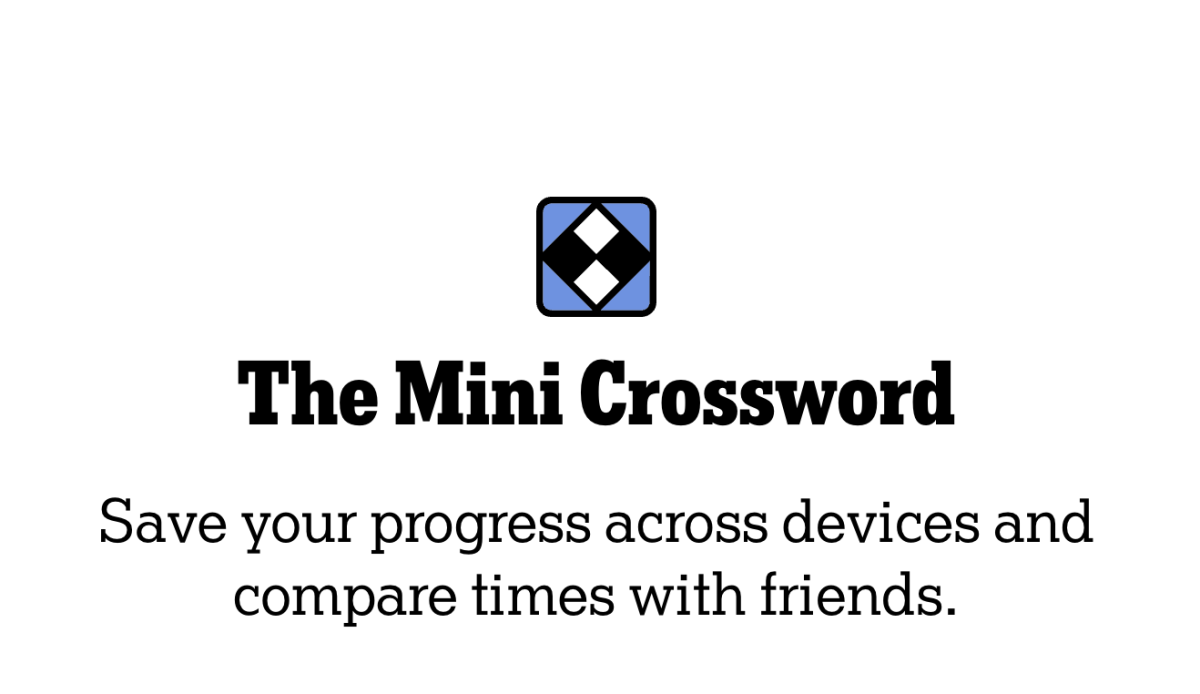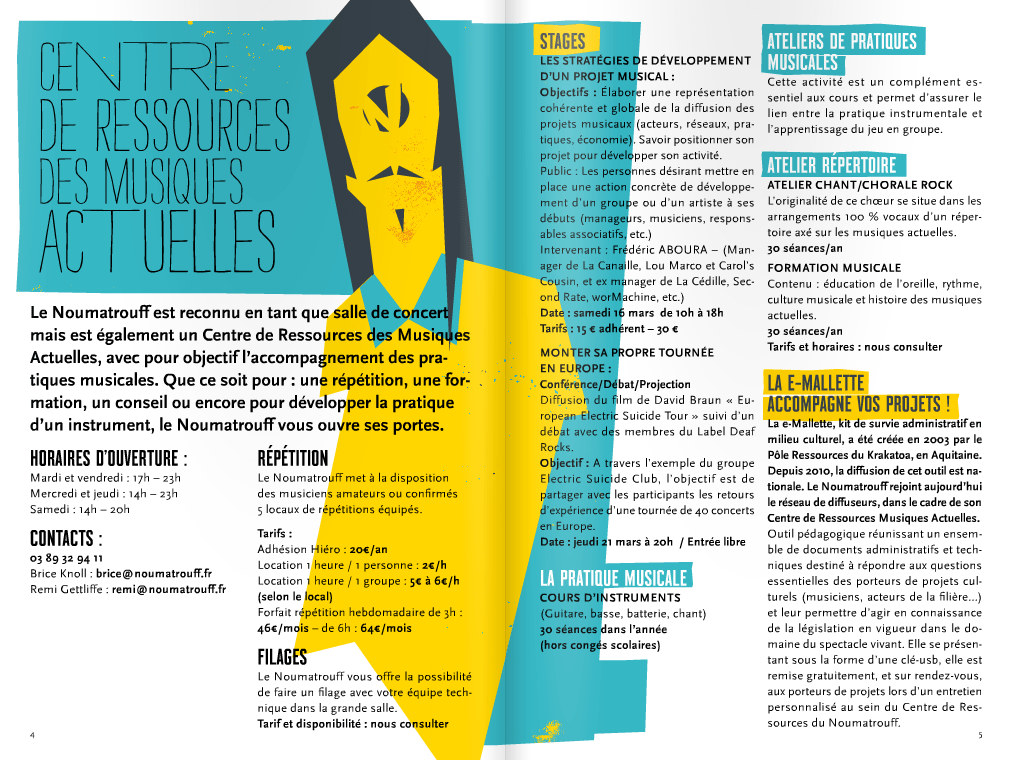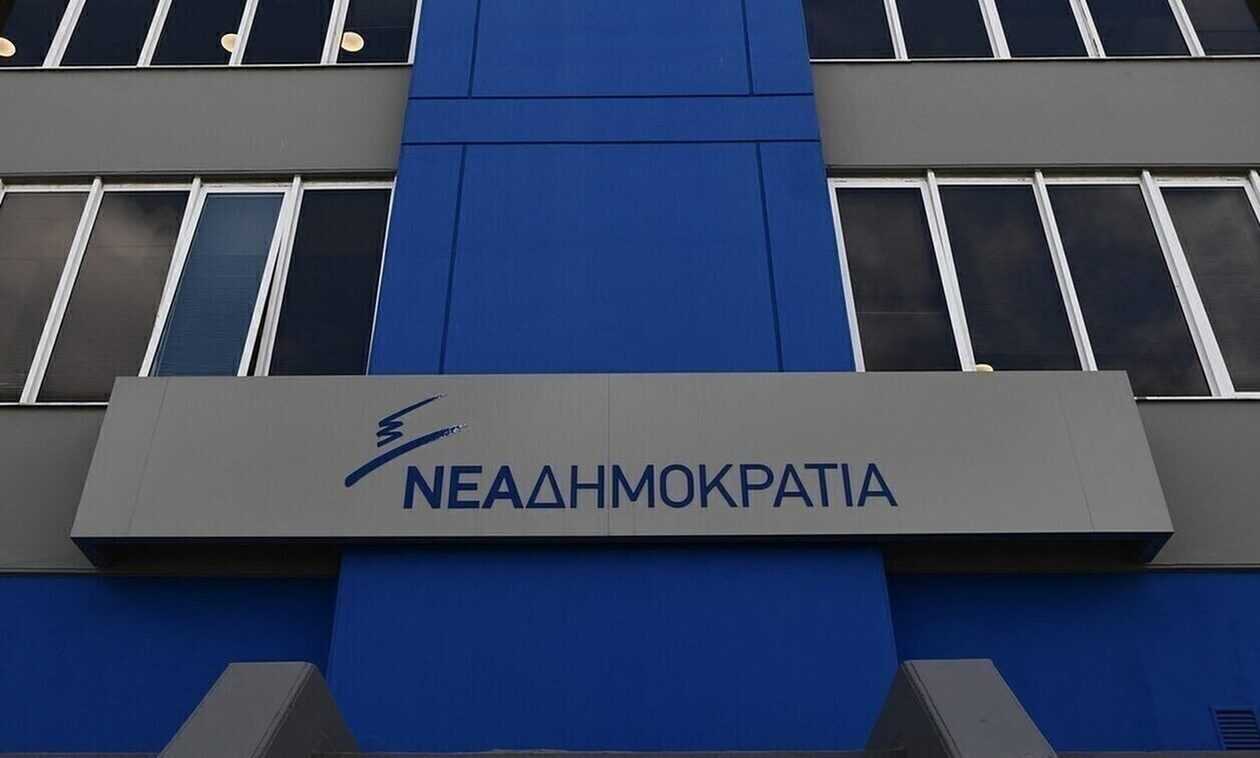Meta's Monopoly Trial: FTC Defense Strategy

Table of Contents
The FTC's Case Against Meta: Establishing Anti-Competitive Behavior
The FTC's core argument centers on the assertion that Meta's acquisitions of Instagram and WhatsApp stifled competition, solidifying its monopolistic grip on the social media market. The commission contends that these acquisitions weren't merely strategic business moves; rather, they were deliberate attempts to eliminate potential rivals and maintain its dominance.
-
Evidence of anti-competitive practices: The FTC points to Meta's acquisition strategies, its overwhelming market share, and its alleged suppression of competitors as evidence of anti-competitive behavior. They argue that Meta used its resources to acquire promising competitors before they could pose a serious threat.
-
Specific examples of alleged dominance leveraging: The FTC alleges that Meta leveraged its dominance through several means:
- Data usage: The FTC claims that Meta uses data collected across its platforms (Facebook, Instagram, WhatsApp) to unfairly advantage itself and disadvantage competitors.
- Algorithm manipulation: The argument suggests Meta manipulates its algorithms to favor its own products and services, disadvantaging smaller competitors.
- Developer restrictions: The FTC alleges that Meta restricts access to its platform's APIs, making it difficult for competing apps to thrive.
-
Expert testimony and economic models: The FTC’s case relies heavily on expert testimony from economists who have developed models demonstrating the anti-competitive effects of Meta's acquisitions. These models aim to quantify the reduction in competition and innovation resulting from Meta's actions.
Meta's Counterarguments and Defense Tactics
Meta's defense strategy rests on several key pillars. It argues that its acquisitions were pro-competitive, beneficial to consumers, and that the FTC’s definition of the relevant market is too narrow.
-
Claims of innovation and consumer choice: Meta insists that its acquisitions fueled innovation and expanded consumer choice. They argue that integrating Instagram and WhatsApp into their ecosystem enhanced user experience and offered more comprehensive services.
-
Arguments against the FTC's market assessment: Meta challenges the FTC's assessment of its market share and the degree of competition in the social media market. They argue the market is far more dynamic and competitive than the FTC portrays.
-
Defense against accusations of anti-competitive conduct: Meta refutes the specific instances cited by the FTC, providing counter-evidence and contesting the interpretations of its actions. They argue that their actions were driven by legitimate business objectives and not by an intent to stifle competition.
Key Legal and Economic Arguments in the Trial
The Meta monopoly trial hinges on complex legal precedents and economic theories.
-
Relevant antitrust laws: The case involves the application of various antitrust laws, including the Clayton Act and the Sherman Act, which prohibit anti-competitive mergers and practices. The interpretation and application of these laws are central to the trial’s outcome.
-
Economic concepts: Both sides employ economic concepts to support their arguments. The FTC uses concepts like network effects and barriers to entry to illustrate Meta’s market power. Meta, in turn, points to the dynamic nature of the market and the ease of entry for new competitors.
-
Expert witness testimonies: The trial heavily relies on expert witness testimonies from economists and other specialists. The credibility and persuasiveness of these witnesses will play a crucial role in shaping the judge's decision.
Potential Outcomes and Implications of the Meta Monopoly Trial
The Meta monopoly trial could have several outcomes, each with significant consequences.
-
Consequences for Meta: Depending on the outcome, Meta could face substantial fines, be forced into structural changes like divestitures (selling off Instagram or WhatsApp), or suffer significant reputational damage.
-
Impact on the tech industry: The trial's outcome will set a precedent for future mergers and acquisitions in the tech industry, influencing how regulators approach consolidation in the digital marketplace.
-
Broader implications for antitrust enforcement: The case will shape the future of antitrust enforcement, potentially leading to stricter regulations for large tech companies and a more rigorous approach to reviewing mergers and acquisitions.
Conclusion: The Future of Antitrust and the Meta Monopoly Trial's Legacy
The Meta monopoly trial presents a crucial case study in antitrust law, examining the complexities of regulating powerful tech companies in a rapidly evolving digital landscape. Both sides have presented compelling arguments, and the judge's decision will have far-reaching implications for the tech industry and competition policy. The FTC’s case highlights the challenges of defining and policing market dominance in the digital age, while Meta's defense underscores the complexities of balancing innovation with competition. Stay updated on the developments in this landmark Meta monopoly trial and its impact on the future of digital competition. The ongoing implications of the FTC's Meta case will continue to shape the conversation surrounding antitrust enforcement and the regulation of powerful tech platforms. Understanding the nuances of this Meta's antitrust battle is crucial for anyone interested in the future of the digital economy.

Featured Posts
-
 Ea Fc 25 Fut Birthday Best Players And Tier List For Ultimate Team
May 21, 2025
Ea Fc 25 Fut Birthday Best Players And Tier List For Ultimate Team
May 21, 2025 -
 Investigating Big Bear Ai Bbai Contact Gross Law Firm Before June 10 2025
May 21, 2025
Investigating Big Bear Ai Bbai Contact Gross Law Firm Before June 10 2025
May 21, 2025 -
 Nyt Mini Crossword Answers And Clues For May 13 2025
May 21, 2025
Nyt Mini Crossword Answers And Clues For May 13 2025
May 21, 2025 -
 Le Noumatrouff Et Le Hellfest Un Evenement Musical A Mulhouse
May 21, 2025
Le Noumatrouff Et Le Hellfest Un Evenement Musical A Mulhouse
May 21, 2025 -
 Madrid Tennis Sabalenka And Zverev Secure Next Round Spots
May 21, 2025
Madrid Tennis Sabalenka And Zverev Secure Next Round Spots
May 21, 2025
Latest Posts
-
 O Baggelis Giakoymakis Mia Meleti Gia Tin Aksia Toy Anthropoy
May 21, 2025
O Baggelis Giakoymakis Mia Meleti Gia Tin Aksia Toy Anthropoy
May 21, 2025 -
 I Dynami Tis Aksioprepeias Mathimata Apo Tin Istoria Toy Baggeli Giakoymaki
May 21, 2025
I Dynami Tis Aksioprepeias Mathimata Apo Tin Istoria Toy Baggeli Giakoymaki
May 21, 2025 -
 Baggelis Giakoymakis Kai I Aksiologisi Tis Anthropinis Zois
May 21, 2025
Baggelis Giakoymakis Kai I Aksiologisi Tis Anthropinis Zois
May 21, 2025 -
 Los Antzeles Pithani Metagrafi Toy Giakoymaki
May 21, 2025
Los Antzeles Pithani Metagrafi Toy Giakoymaki
May 21, 2025 -
 I Katarrakosi Tis Aksias I Periptosi Baggeli Giakoymaki
May 21, 2025
I Katarrakosi Tis Aksias I Periptosi Baggeli Giakoymaki
May 21, 2025
